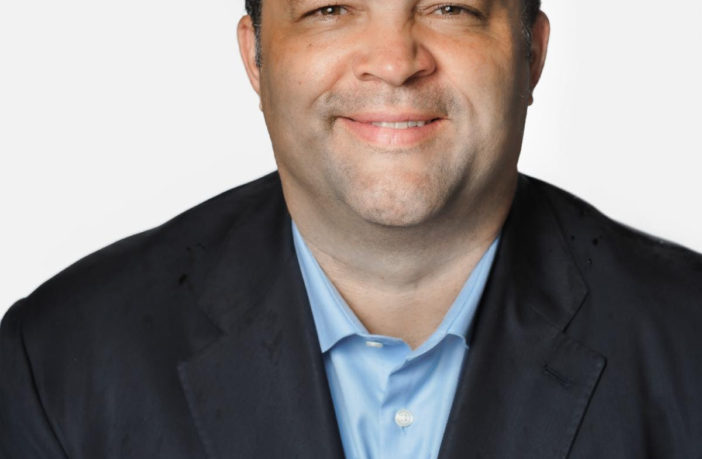If you haven’t watched Sen. Raphael Warnock’s speech on the night of his reelection in Georgia on December 6, stop everything you’re doing, and watch it now. Then tell your kids to watch it. And your neighbors.
What you’ll see is 20 minutes that will leave you with a deep feeling of inspiration and gratitude, and a question: why was this so hard? How is it that Warnock was so clearly the best candidate and had to prove it four times, in the last two years?
Let’s take the question first.
The surprise victories by Sen. Warnock and Sen. Jon Ossoff in 2021 were triumphs over systemic racism and a vicious misinformation and disinformation campaign by far-right forces. Immediately after they won, Georgia became ground zero for a state voter suppression effort that included harsh crackdowns on early and mail-in voting. The runoff system that Warnock and Republican Herschel Walker were forced into was itself a relic of 1960s white supremacy. It was created by a Georgia segregationist who hoped it would stop Black candidates from winning in a crowded field where white votes were split.
Meanwhile, Walker’s entire campaign was a far-right ploy to split Black votes while giving white Republicans plausible deniability about their party’s racism. Most Black voters saw right through it. But the GOP mustered enormous political firepower and financial resources for their scheme. That made the race close when it never should have been close.
It made Sen. Warnock’s road, which was always going to be hard, even harder.
On the night of his reelection, Sen. Warnock addressed all of this with his usual dignity. He gave the credit to Georgians for electing the state’s first Black and first Jewish senators at a time when the Far Right was trying to divide the country. He took on the conservative pundits claiming his victory was proof that there was no voter suppression in Georgia. Just because Georgia voters endured long lines in the rain doesn’t mean there is no suppression, he said. It means Georgians refused to have their voices silenced.
The rest of his address showed that Georgia has reelected a senator who values social justice and still believes it can be achieved through representative democracy. Democracy, he said, is the political enactment of a spiritual idea: that each of us carries within us a divine spark. It is a political system that is rooted in the belief that each of us has value, that if we have value we have a voice, and that our voice is our vote. I’m paraphrasing here, and words on the page don’t do justice to Sen. Warnock’s oratory skills. Again, I hope you’ll watch the speech.
Hearing these words at a time when democracy is doubted and under attack is a restorative experience. Hearing Sen. Warnock pledge to work in a bipartisan spirit on behalf of all Americans feels like coming home, to an America where public servants used to believe that was possible. Hearing him say that he will fight for criminal justice reform because he believes we can have both justice and safety struck a personal chord with me. I believe that too, in my bones. My organization, People For the American Way, has dedicated itself to advancing that goal. There are so many solutions we can and should explore that will save lives.
This moment shows us something else, too, which is that a way forward to a better America now runs through the Deep South. Stacey Abrams’s visionary work to organize voters made Georgia a swing state, and others can follow. Almost a decade ago, I worked on a study that showed that registering just 30 percent of unregistered voters of color could change the political landscape in heavily Black southern states. There are still plenty of challenges, but we’re seeing that prediction come true.
I will close with one other phrase of Sen. Warnock’s from his reelection speech, one that I think serves us well in all the work we do for social justice. This is America, he said, where we “always have a path to make our country greater.” I know there are times when those paths seem impossible, and optimism seems more like naivete. We need more Raphael Warnocks in the world to tell us there is always a way. Right now, I’m deeply grateful that the one we do have will spend six more years in the U.S. Senate.



